
Radar | Oct 18,2025
Feb 8 , 2020
By Sileshi Yilma Reta
It would not be an exaggeration if one claims that anarchism has reigned in Ethiopia. It has gradually but surely taken deep roots.
In the last few years, the breakdown of the rule of law, which may well lead to anarchism, has manifested itself in a wide range of appalling ways rarely witnessed in the recent history of the country. Innocent individuals were stoned to death, pregnant women and children were savagely killed and millions of people internally displaced. Fatal conflicts in universities, smuggling of illegal weapons and foreign currencies and bank robberies are some of the additional manifestations of our current crisis.
We have also repeatedly witnessed attacks on churches as well as mosques. Had it not been the long enduring peaceful co-existence among religions and societal values, such acts would have created havoc as witnessed in several other countries.
Pogroms and the destruction of property have become the new norms. Due to the repeated occurrences of these acts, we are gradually becoming passive toward such kinds of news stories. It is also crucial to remember that the acts that have horrified us over the months are only the ones that have received ample media coverage. There could probably be others out of reach of the media and public attention.
Nowadays, people feel less safe traveling outside of the areas where they reside. Let alone non-national investors, the local ones do not feel at ease to invest in places they feel are hostile and prefer to stay in areas where they themselves come from. They have on various occasions vented their frustration that the federal and regional governments have miserably failed to protect their investments.
Why has the breakdown of rule of law reached this frightening stage?
It starts with inaction or at least the lack of capacity of government. This has emboldened lawlessness. The federal and regional governments’ intervention was either non-existent or delayed in many cases.
Perpetrators have rarely been held accountable. There were arrests here and there, of course, if press statements are to be believed. But the wrongdoers are in most cases never identified. This is bringing to stage additional bad actors, creating a sense of impunity and worsening the fragility of the country.
The breakdown of law and order also has to do with the structural fracture of the EPRDF. Given the close relationship between government and party, the internal infighting was felt within the state machinery. This has made the government ineffective to respond in time and tactically to security problems.
A lack of political goodwill across the aisle has no-less played a large role. Indicative of this is leadership's selective outrage over acts of lawlessness across the country. If politicians had the courage to call out even injustices perpetrated by their own supporters, it would have been possible to move forward.
Such political calculations and failures of the state’s security apparatus have forced the country to pay dearly. Law and order has seriously been tested. The security of the country is at stake. If the breakdown of the rule of law persists, the state itself will be in jeopardy, if it is not already.
It would be devastating if we, as a nation, are unsuccessful in arresting lawlessness and the breakdown of rule of law.
How could we fail to learn from the misery of devastating experiences of countries such as Libya, Syria and Yemen? Do we have to become like these countries to learn a lesson?
Ethiopia has already gone through various ups and downs. Its history is filled with infighting and wars against foreign invasions and expansions. For long, we have been weakened by conflicts, famine, hunger, diseases and poverty. We do not have to allow our country to be further punished by chaos, destruction and ultimately disintegration.
We do not have to underestimate the vital role that each of us can play to fight the expansion of anarchism. It would be wise to contribute our best before it becomes too late. It would be meaningless to regret once things are out of control.
We have to be able to see the long-term impacts of our current crisis and think twice about whom we are giving support to. At the end of the day, terror will knock on our doorsteps, even if we had been supporting those that were behind it.
If the current poor state of affairs continues, the consequences could be beyond anyone’s imagination. The people could take the law in their own hands and arm themselves as a means of self-defence out of perceived and real threats. Such a trend, which has been evident in some areas of the country, is highly likely to expose the country to further insecurity than it already is in. We would surely be living in anarchism by then.
There is a reasonable limit for everything. As a result of seeming to tolerate the breakdown of the rule of law by then, Ethiopia has paid dearly. A lack of appropriate action will, no doubt, ultimately make us a failed state. Fortunately, it is not yet too late to stop such lawlessness from happening, but we would better to act now than never.
Sileshi Yilma Reta is interested in the areas of media, communication and politics. He can be reached at sileshiyilma@gmail.com.
PUBLISHED ON
Feb 08,2020 [ VOL
20 , NO
1032]


Radar | Oct 18,2025
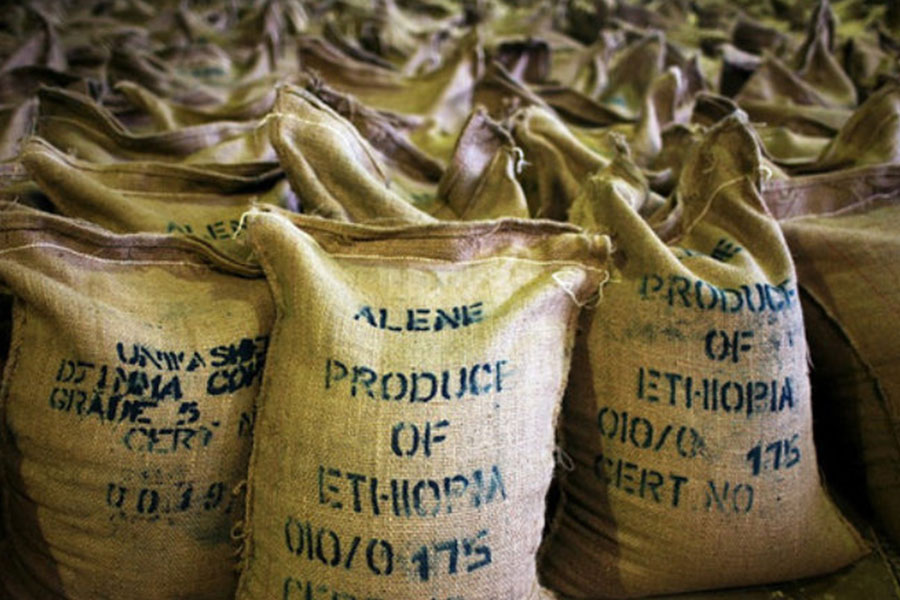
Fortune News | Dec 19,2021

Fortune News | Jan 12,2019

Radar | Jul 22,2025

Radar | Feb 01,2020
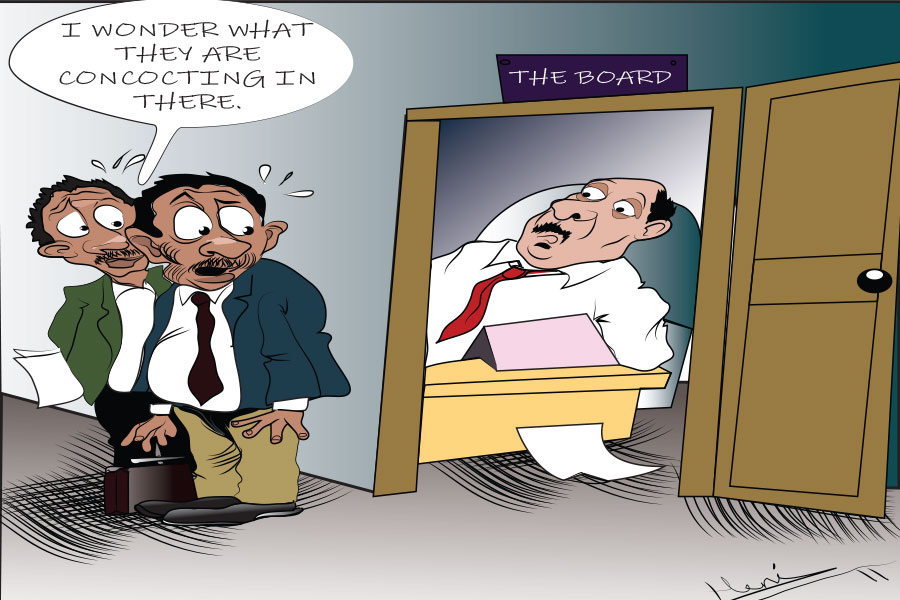
Editorial | Apr 06,2019
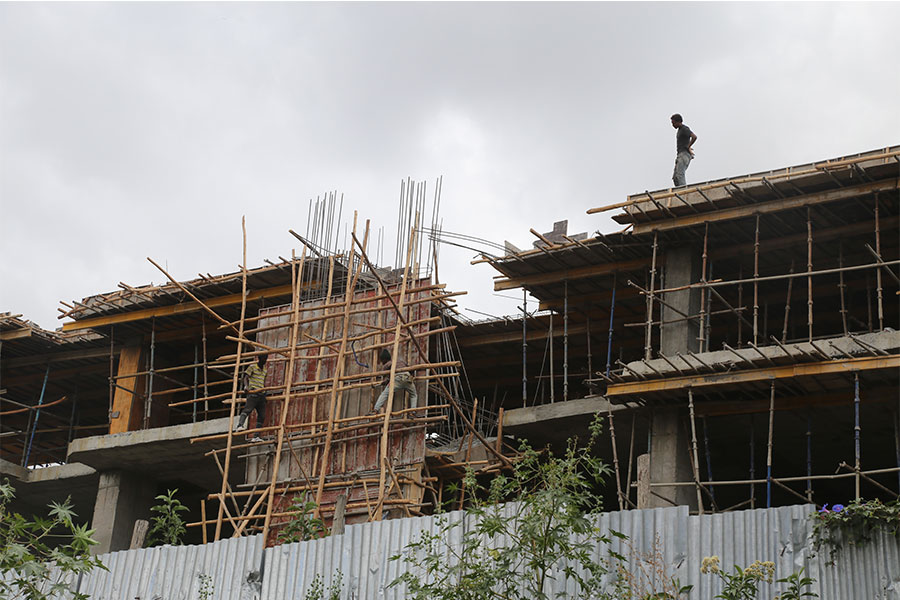
Fortune News | Apr 26,2019
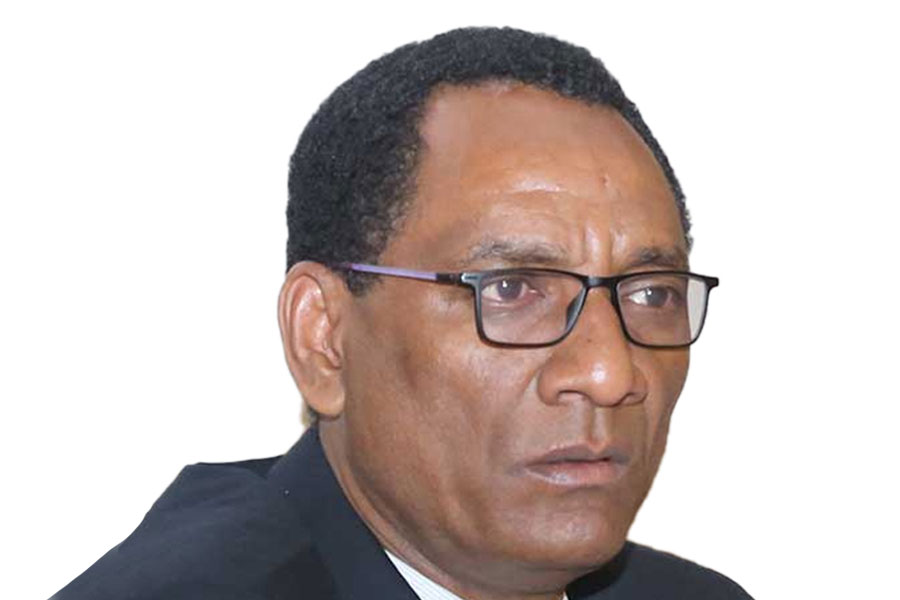
Verbatim | Apr 15,2023

Viewpoints | Mar 30,2024
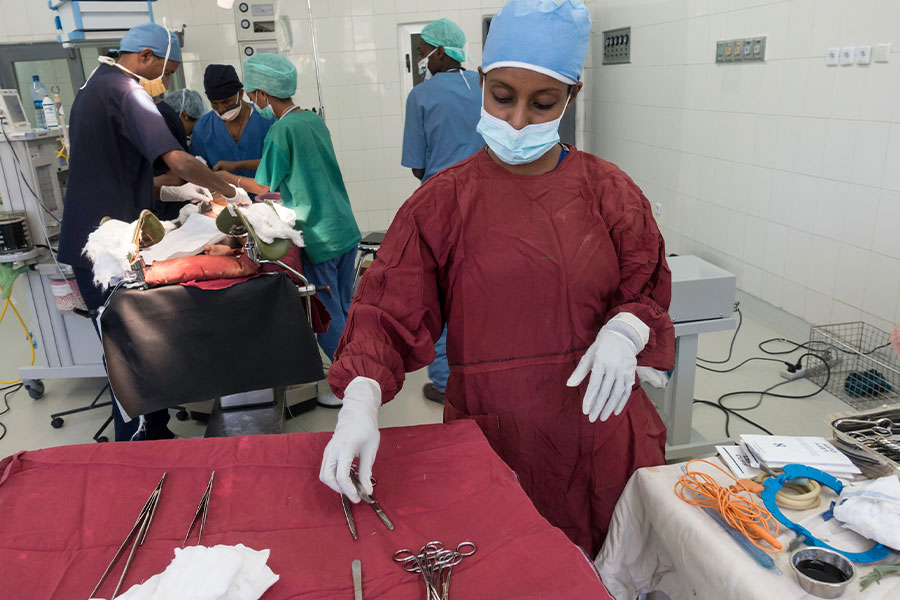
Fortune News | Aug 23,2025

Photo Gallery | 177491 Views | May 06,2019

Photo Gallery | 167699 Views | Apr 26,2019

Photo Gallery | 158364 Views | Oct 06,2021

My Opinion | 136987 Views | Aug 14,2021
Commentaries | Oct 25,2025

Dec 22 , 2024 . By TIZITA SHEWAFERAW
Charged with transforming colossal state-owned enterprises into modern and competitiv...

Aug 18 , 2024 . By AKSAH ITALO
Although predictable Yonas Zerihun's job in the ride-hailing service is not immune to...

Jul 28 , 2024 . By TIZITA SHEWAFERAW
Unhabitual, perhaps too many, Samuel Gebreyohannes, 38, used to occasionally enjoy a couple of beers at breakfast. However, he recently swit...

Jul 13 , 2024 . By AKSAH ITALO
Investors who rely on tractors, trucks, and field vehicles for commuting, transporting commodities, and f...

Oct 25 , 2025
The regulatory machinery is on overdrive. In only two years, no fewer than 35 new pro...

Oct 18 , 2025
The political establishment, notably the ruling party and its top brass, has become p...

Oct 11 , 2025
Ladislas Farago, a roving Associated Press (AP) correspondent, arrived in Ethiopia in...

Oct 4 , 2025
Eyob Tekalegn (PhD) had been in the Governor's chair for only weeks when, on Septembe...

Oct 25 , 2025 . By YITBAREK GETACHEW
Officials of the Addis Abeba's Education Bureau have embarked on an ambitious experim...

Oct 26 , 2025 . By YITBAREK GETACHEW
The federal government is making a landmark shift in its investment incentive regime...

Oct 26 , 2025 . By NAHOM AYELE
The National Bank of Ethiopia (NBE) is preparing to issue a directive that will funda...

Oct 26 , 2025 . By SURAFEL MULUGETA
A community of booksellers shadowing the Ethiopian National Theatre has been jolted b...